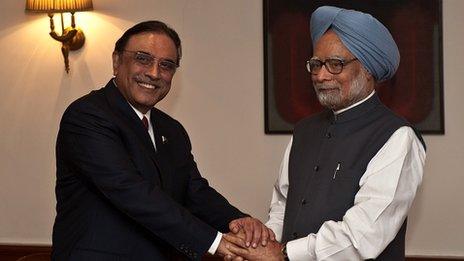Pakistan 'charity head' lambasts US sanctions move
- Published
Hafiz Saeed tells the BBC that Washington is unfairly targeting him
The head of a Pakistani charity group whom the US and India accuse of masterminding the 2008 Mumbai attacks has dismissed new US sanctions.
Hafiz Saeed told the BBC the US was only targeting Jamaat-ud Dawa to win India's backing in Afghanistan.
The US says the self-declared charity is a front for militant group Lashkar-e Taiba and has offered a $10m (£6m) reward for the arrest of Mr Saeed.
The Mumbai attack by Pakistani gunmen left 166 people dead.
Relations between India and Pakistan suffered badly in the aftermath of the three-day assault in the western Indian city.
'Propaganda'
Speaking to the BBC's Andrew North in the Pakistani city of Lahore, Mr Saeed said the US was targeting his organisation simply to please India.
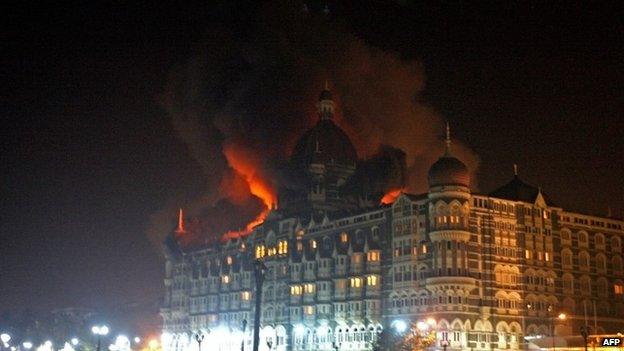
The Mumbai attacks sent shockwaves across India and the world
"America always takes decisions based on Indian dictation. Now it's imposing this new ban because it needs India's help in Afghanistan.
"I had nothing to do with the Mumbai attacks, and Pakistan's courts said all India's evidence against me was just propaganda," he said.
The US last week declared Jamaat-ud Dawa a "foreign terrorist organisation" - a move that freezes any assets it has under US jurisdiction.
Both India and the US say they have extensive evidence that Mr Saeed orchestrated the attacks with the Pakistani government help. India has also repeatedly demanded that he be handed over for trial.
Despite this, Mr Saeed lives openly in Lahore, and it is clear that he has little fear of being arrested in Pakistan, our correspondent says.
But he adds that as long as Mr Saeed remains free, there is little chance of a breakthrough in relations between Pakistan and its longstanding rival India.
- Published27 May 2014
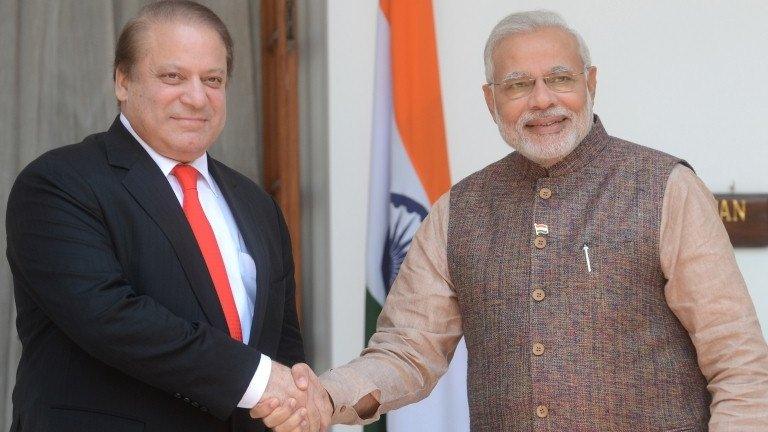
- Published27 November 2013
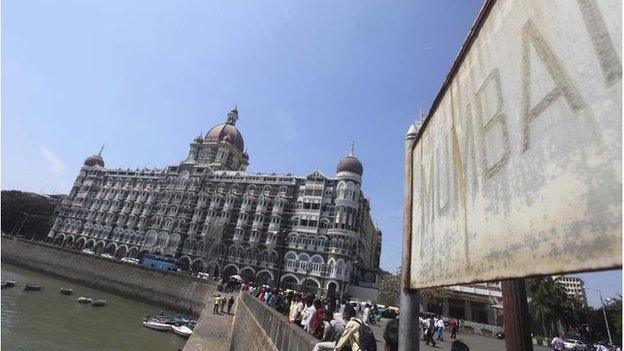
- Published30 November 2012
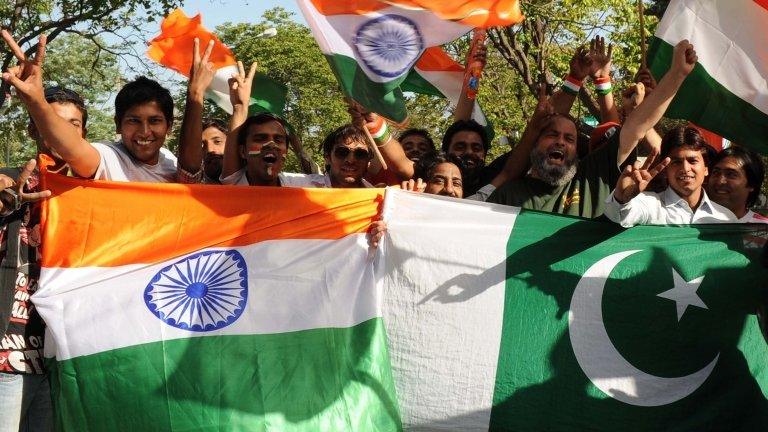
- Published8 April 2012
